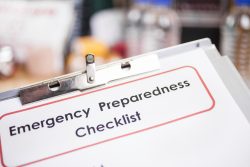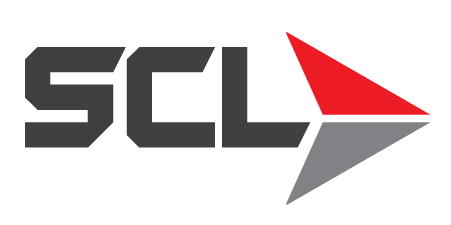Equipment Failures and Temp Drops: What Power Providers, Industrial Manufacturers Can Do to Prevent Disaster

Failures Highlighted in Texas Winter Storms Should Serve as Cautionary Tale
In the wake of unprecedented winter storms that left millions of Texans without power and exposed vulnerabilities in one of the nation’s most progressive energy markets, businesses across the board should be re-examining how prepared they are in the event of extreme weather.
Power providers and industrial manufacturers, those most vulnerable of losing significant profits in the event of grid failure, should especially take note. When extreme weather events hit, it pays to have already invested in measures like back-up generators and equipment to help mitigate fluctuations in the viscosities of oils and liquids you keep on hand. Otherwise, you could be leaving yourself open to millions of dollars in loss associated with downtime – either from loss of power or equipment failures.
While there’s no foolproof plan against historic winter storms like those that occurred Texas or other rare weather occurrences, there are still ways you can prevent your business from going offline.
Different Products, Different Capabilities
If you’re simply choosing the least expensive products to put into your machines – or the least expensive way to run your business – chances are you’re not getting the added protection other lubricants offer against fluctuations in temperature.
One major failure in Texas is that energy providers generally do not winterize their equipment due to the costs associated with measures like insulating gas pipelines and using heated blades for wind turbines. Although the decreased standardization keeps costs low for consumers and providers, it leaves the door open for a winter storm (albeit a historic one) to wreak havoc on the system.
“One important lesson to learn from everything we’re seeing in Texas is that you have to plan for disaster, even when the likelihood of that disaster occurring is low,” said SCL General Manager Travis Becktel. “Investing in protections, quality products that have the capability to perform under less than prime conditions, storage for those products, and maintenance for your machines that may require more of an investment up front can save you tens of thousands, or even more, compared to your machines going down due to disaster you could have prevented.”
Investing in Equipment that Prevents Failures
A major part of equipping yourself for disaster is making sure you have access to power in the event of grid failures. In the case of SCL, we invested years ago in back-up generators that ensure our fuel stations remain online in inclement weather and a hybrid system of cables that keeps that system protected.
It’s a measure we recommend for our customers, in addition to other on-site efforts they can make including preventing moisture with advanced storage solutions to keep product safe during rainy seasons. That isn’t solely about protecting the product either; it’s about protecting your machines. According to Machinery Lubrication, about 70% of equipment or machinery loss is due to dirt and moisture originating outside of the machine.”
Installing desiccant breathers onto your equipment can prevent the entry of both moisture and particles, both of which can have a devastating effect on production and – therefore – your business.
“As there is displacement in a tank air will naturally want to fill that void. If there is moisture in the air, as there is with colder or wet weather, desiccant breathers will remove the moisture from that air so that it doesn’t end up in your product or in your machines,” Becktel said. “We are an authorized distributor of desiccant breathers and can install them on tanks as one type of solution to that. The bigger picture really is about preventive maintenance in general though.”
Fending Off Disaster with Preventive Maintenance
The first line of defense against any disaster, weather-related or not, is a solid preventive maintenance plan. That means regular oil analysis that helps read and monitor the health of your equipment, helping you to solve small issues before they become big problems.
“Preventive maintenance is about setting schedules and having a comprehensive picture of the health of your machines and equipment at all times,” Becktel said. “But it’s also about choosing products that maintain that health and level of performance you want to achieve, whether you’re a fleet or a construction crew. In all types of weather and in all types of conditions, our industry is expected to perform. It’s our responsibility to help our customers to continue to do that no matter what inclement conditions may be happening outdoors.”
Contact an SCL Consultant today
In a wide range of automotive, industrial and commercial sectors, SCL remains steadfast on its commitment to product and industry knowledge, performance satisfaction and superior logistics. We protect and optimize the machines that keep our country moving. For more information on how we help can help with services including bulk purchasing or managing inventory, contact an SCL expert today.
